Mozambican, other African military officials have begun 10-day trip to China
Mozambique: Chapo dismisses police commander – AIM report
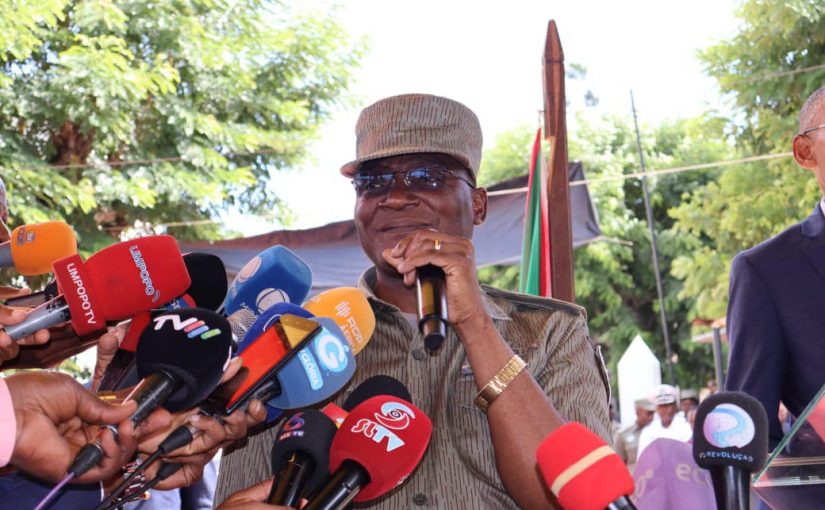
FILE - The General Commander of the Police of the Republic of Mozambique, Bernardino Rafael, Inspector General of the Police , seen here in Maputo on Wednesday (January 22) at the closing ceremony of “Operation Tide” ["Operação Maré"], which aimed at the protection and security of the electoral process and Festive Season 2024-2025. [File photo: Comando Geral da PRM/Facebook]
Mozambican President Daniel Chapo on Thursday dismissed the General Commander of the Mozambican police (PRM), Bernadino Rafael.
As is usual in presidential dispatches, no reason was given for Rafael’s dismissal. But he has been widely blamed for the brutal police reaction to the street protests that erupted in response to the results of the 9 October general elections.
The Constitutional Council, the country’s highest body in matters of electoral law, declared that the ruling Frelimo Party and Daniel Chapo had won – even though the Council itself admitted the elections had been marred by what it called “irregularities”.
Chapo’s main opponent, Venancio Mondlane, claimed that he had won, and took to calling himself “the President elected by the People”. But neither Mondlane nor Frelimo published any of the polling station results sheets which might prove their claims of victory.
In the ensuing clashes between Mondlane’s supporters and the police, hundreds of people lost their lives, mainly to police bullets.
According to the Mozambican NGO, the “Decide” Platform, between the start of the post-election demonstrations in mid-October, and the second week of January, at least 303 people were shot dead by police while 619 others were injured by gunshots.
The police used, not only tear gas and rubber bullets, but also live ammunition, and this must have been approved by Rafael.
While the police under Rafael proved terrifyingly efficient in gunning down unarmed protesters, they were next to useless in clearing the streets so that ordinary citizens could go about their lawful business. In mid-December, there was a wave of organised looting of companies, shops and warehouses, particularly in the southern city of Matola. The police scarcely lifted a finger to stop the destruction.
Rafael is replaced by Joaquim Sive, who previously served as the provincial police commander in Cabo Delgado during the early years of the jihadist insurgency. He was later transferred to Nampula province, where he held the same position for several years.
His career was damaged by a tragic incident in 2019 during an election campaign rally for Filipe Nyusi’s second presidential term. The event resulted in the deaths of 12 people at a local football stadium. Police had ordered the stadium gates to be closed to prevent people from leaving after Nyusi’s arrival, leading to chaos and a stampede.
An inquiry was launched, and Sive was suspended, but he was subsequently appointed as the provincial police commander in Sofala.
While in Sofala, Sive was involved in a conflict with the then-presidential candidate Venâncio Mondlane, preventing him from holding a political march in the city.
Sive must now try to rebuild the reputation of the police, as a force that assists citizens rather than repressing them. He must also tackle the gangs of kidnappers in the major cities, who have regularly abducted businessmen, particularly those of Asian origin, and extorted huge ransoms for their release.
Police agents have been accused of complicity in the kidnappings, and also in drug trafficking. On the same day that Sive was appointed, two policemen were on trial for drug offences in the southern resort of Vilankulo.




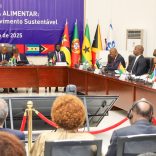
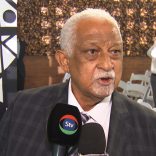
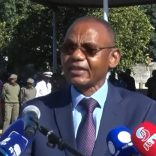
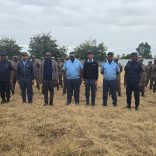





Leave a Reply
Be the First to Comment!
You must be logged in to post a comment.
You must be logged in to post a comment.